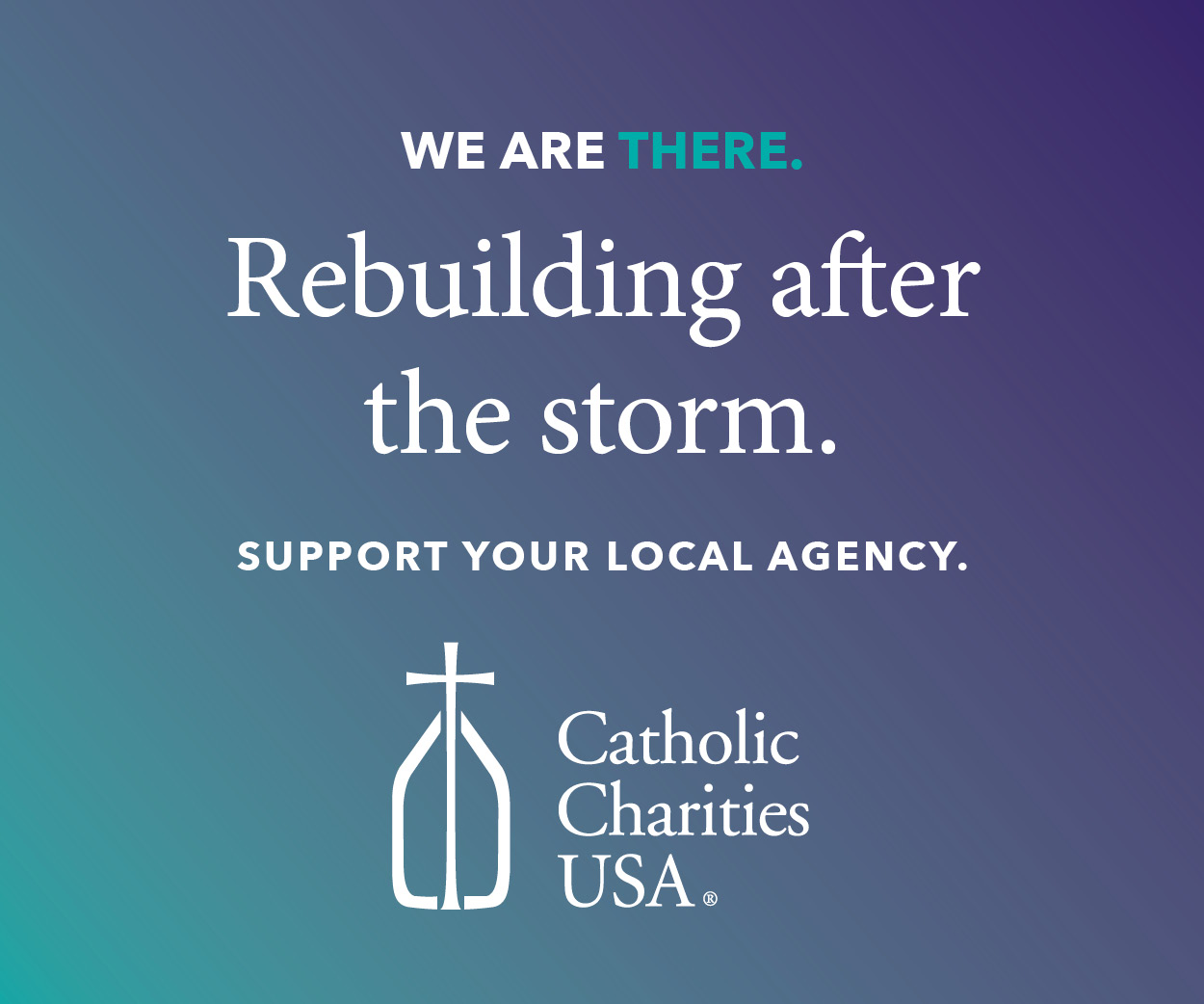When they U.S. bishops met last week for their annual fall general assembly, they took a healthy dose of criticism for leaving economic issues off of their agenda. But even with the church’s national focus now set squarely on the issue of defending religious liberty, bishops in at least two states are showing that they haven’t forgotten the poor.
The Archdiocese of New York–headed by USCCB president and prominent religious liberty crusader Archbishop Timothy Dolan–is lending its voice in support of an effort to increase wages for workers on subsidized projects. Msgr. Kevin Sullivan, director of Catholic Charities in the New York archdiocese, was scheduled to speak at a rally supporting a wage increase bill today, and promised to read a statement from Dolan as well.
“We’re going to speak about how this economic crisis continues to hurt everybody in society, particularly the poor,” Sullivan said. “We need to make sure there are decent jobs with decent wages.”
While Sullivan was preparing to join the rally in New York, just across the Hudson River New Jersey’s Catholic bishops released their own statement on poverty. The brief document addresses three simple points: the scope of poverty, what the church teaches about it, and what Catholics can do about it. The bishops have called for the development of a local “Agenda for Action” and the creation of task forces to seek pragmatic responses to issues such as education, unemployment, affordable housing, and low wages. (Full disclosure: I previously worked for two NJ dioceses, so some of these bishops are my former bosses.)
Had the entire body of America’s bishops made a similar statement last week, it would have called national attention to the serious moral concerns that surround the country’s economic troubles. If the task forces proposed by New Jersey’s bishops were enacted on a national level, they could take major steps toward finding solutions to help those struggling under the weight of poverty. As one of the supporters of New York’s wage bill is quoted as saying in the Times article, the involvement of the church “adds great moral and political strength” to their cause.
All over the country, Catholic organizations at the diocesan and parish levels are reaching out to the poor, but those efforts need to be combined with church leaders taking a vocal public stance on the urgent importance of helping the least among us. The New Jersey bishops wrote in their statement, “As the plight of these, our brothers and sisters, continues to spiral downward, we cannot stand by in silence.” Let’s hope that more bishops around the country will hear and answer that call.









